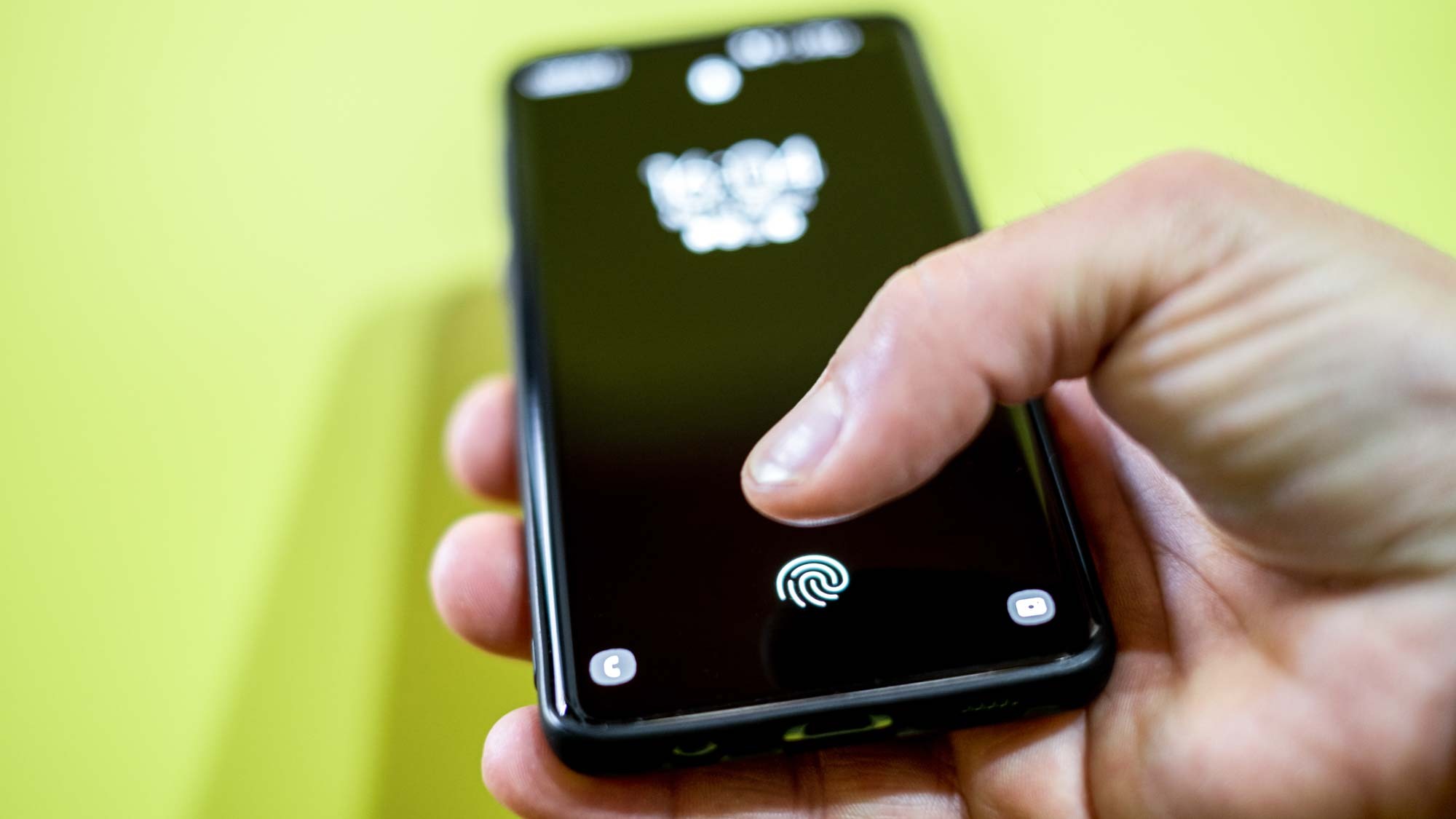
In-display fingerprint scanners have been around for years, but they aren’t all created equally. Most phones use a light-based sensor, but devices like the Samsung Galaxy S24 use an ultrasonic fingerprint scanner. These sensors aren’t widely available on smartphones, but that may be about to change.
Right now ultrasonic fingerprint scanners have only been manufactured by Qualcomm, and are quite expensive. However, Goodix and Vivo have unveiled a new “Ultrasonic fingerprint solution” on the Vivo X100 Ultra — specifically designed to help boost adoption of ultrasonic fingerprint scanners on more phones.
Ultrasonic fingerprint scanners work by using ultrasonic pulses to map and create a 3D image of your fingerprint — then comparing it to the saved fingerprints. The benefit compared to optical fingerprint sensors is that ultrasonic scanners offer more security since they’re a lot harder to spoof. They’re also able to work if there’s any dirt, water, oil or other contaminants on your hands.
Goodix’s announcement post claims that its partnership with Vivo is designed to “advance the global adoption of ultrasonic fingerprint scanners”. This is done by “enhancing its production reliability and efficiency, optimizing its supply chain, and consequently, reducing the cost of these sensors.”
The idea here is to ensure ultrasonic fingerprint scanners are cheaper and easier to manufacture in large quantities, but without sacrificing the quality in the process. Goodix also notes that these new ultrasonic sensors have a simple hardware design and feature a low-voltage driving system — which should let phone makers add them to designs pretty easily.
The only question is when will these scanners become more widespread? It’s difficult to say, because it’s all going to depend on production timelines and how easily phone makers can get a hold of Goodix’s ultrasonic fingerprint sensors and test them thoroughly. We’re just going to have to wait and see how this plays out over the next few years — because this change isn’t likely to happen quickly.
But it’s good to hear that ultrasonic fingerprint sensors could become more widespread. There’s certainly no harm in having components that are more secure, and less temperamental in less-than-ideal conditions.







